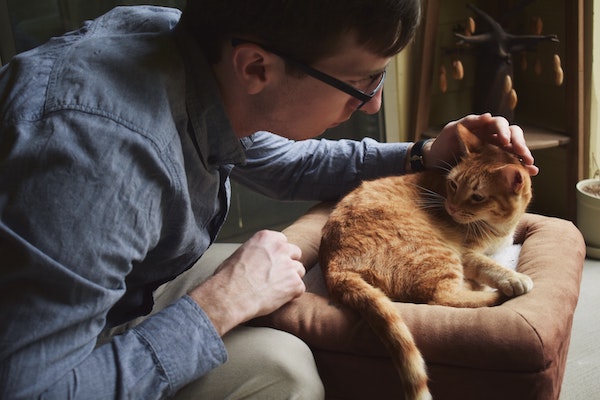When your furry friend is suddenly injured or falls ill, every minute counts. Urgent care for pets provides immediate attention for life-threatening or severe conditions, bridging the gap between routine veterinary care and emergency services. Just like human urgent care, pet urgent care facilities offer prompt, specialized treatment for unexpected health issues, from severe injuries and illnesses to mysterious symptoms and chronic condition flare-ups.
In this article, the Veterinarian in Maple Valley, WA, and their team will explore the world of urgent care for pets, what constitutes an emergency, and where to turn when every minute counts.
What is urgent care for pets?
Urgent care for pets refers to medical attention provided for sudden, unexpected illnesses or injuries that require immediate attention. Unlike routine care, urgent care is designed to address life-threatening or severe conditions that cannot wait for a scheduled appointment.
When to seek urgent care for pets?
Seek urgent care for your pet if you notice any of the following:
- Severe injuries: Broken bones, deep wounds, or severe trauma.
- Sudden onset of severe symptoms: Vomiting, diarrhea, difficulty breathing, or rapid heartbeat.
- Seizures or tremors: Sudden, uncontrolled shaking or convulsions.
- Severe allergic reactions: Swelling, hives, or difficulty breathing.
- Eye injuries or vision loss: Sudden blindness, eye trauma, or discharge.
- Severe bleeding or hemorrhaging: Uncontrolled bleeding or rapid blood loss.
- Difficulty urinating or defecating: Painful or impossible urination/defecation.
- Severe pain or distress: Whining, panting, or restlessness indicating extreme discomfort.
- Sudden paralysis or weakness: Loss of mobility or strength.
- Changes in mental status: Sudden confusion, lethargy, or aggression.
Where to seek urgent care?

If your pet needs emergency urgent care, seek help at:
- Emergency veterinary clinics: Specialized clinics open 24/7 for critical cases.
- Urgent care veterinary facilities: Dedicated centers for non-life-threatening but urgent conditions.
- Animal hospitals: General hospitals with emergency departments for pets.
- Veterinary teaching hospitals: University-affiliated hospitals with advanced care and specialists.
- After-hours veterinary clinics: Regular clinics with extended hours for urgent cases.
Before heading to any of these options, consider:
- Calling ahead to confirm hours and availability
- Checking if your pet’s condition requires a referral
- Having your pet’s medical history and records ready
- Being prepared for potential costs and payment options
What to expect at an urgent care visit?
At an urgent care visit for your pet, expect:
-
- Rapid assessment: A quick evaluation to determine the severity of your pet’s condition.
- Triage: Prioritization of cases based on urgency and severity.
- Stabilization: Immediate treatment to stabilize your pet’s condition.
- Diagnostic testing: Blood work, imaging (e.g., X-rays, ultrasound), or other tests to diagnose the issue.
- Treatment: Administration of medications, fluids, or other therapies as needed.
- Monitoring: Close observation of your pet’s vital signs and condition.
- Referral: If necessary, referral to a specialist or emergency hospital for further care.
- Communication: Clear explanations of your pet’s condition, treatment, and follow-up care.
- Discharge instructions: Guidance on post-visit care, medication, and follow-up appointments.
- Follow-up care: Scheduled appointments or phone calls to monitor your pet’s progress.
Be prepared to:
- Provide your pet’s medical history and current symptoms
- Answer questions about your pet’s behavior, appetite, and health
- Follow instructions carefully
- Ask questions and seek clarification if needed
Tips for pet owners
- Keep emergency contact numbers handy
- Know the location of nearby urgent care facilities
- Stay calm and provide accurate information
- Follow instructions carefully
Bottom line
Urgent care for pets is a vital resource for pet owners, providing immediate attention for life-threatening or severe conditions. By knowing when to seek urgent care and where to turn, you can help ensure your pet receives the best possible outcome. Remember, every minute counts and prompt action can make all the difference.

